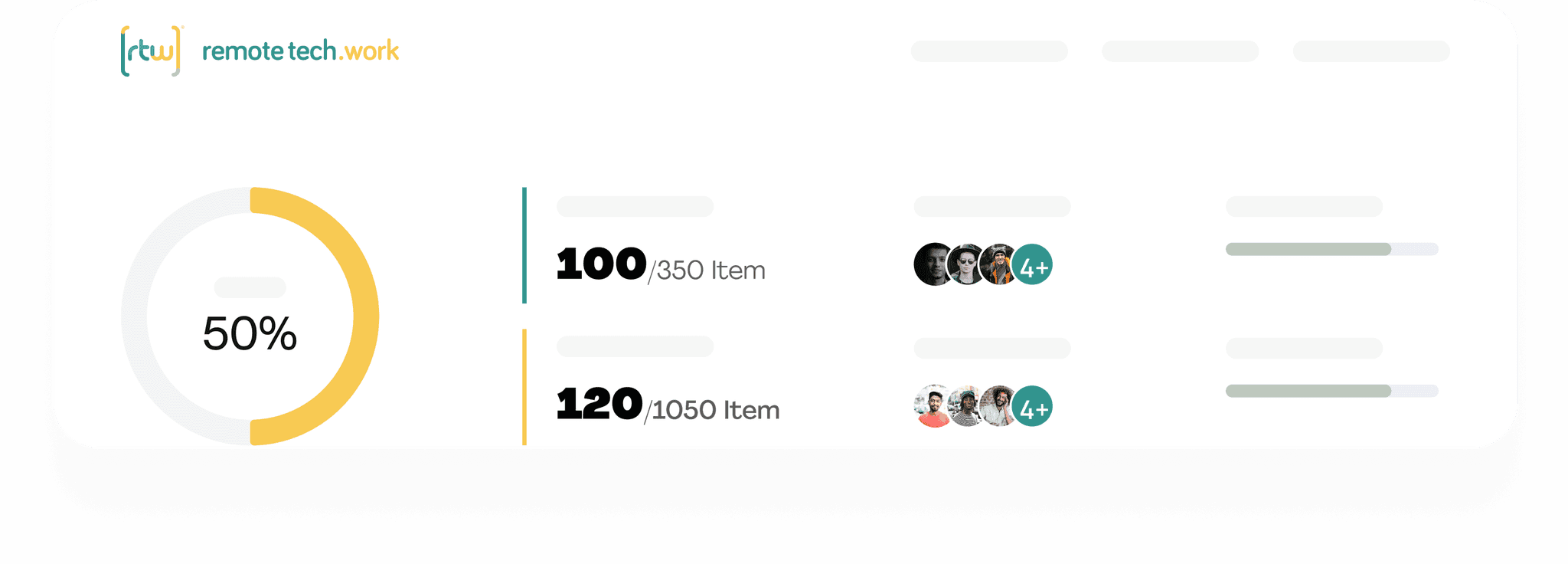DESCRIPTION
DESCRIPTION
DESCRIPTION
Scala is a versatile and powerful programming language that combines functional and object-oriented programming paradigms to provide developers with a highly expressive and concise tool for building a wide range of applications. Developed by Martin Odersky and first released in 2003, Scala is designed to be scalable, making it suitable for both small scripts and large-scale, complex software projects. Its syntax is influenced by Java, but it offers more advanced features, including type inference, pattern matching, and support for immutability. Scala is known for its strong static typing, which helps catch errors at compile time, improving code reliability.
One of Scala's key features is its compatibility with the Java Virtual Machine (JVM), making it easy to interoperate with existing Java libraries and frameworks. This allows developers to leverage Java's extensive ecosystem while benefiting from Scala's modern language features. Additionally, Scala is popular in the big data and distributed computing space due to its integration with Apache Spark, a widely used data processing framework. Scala's versatility, conciseness, and ability to scale from small scripts to large, complex systems have contributed to its growing adoption in various domains, including web development, data science, and cloud computing.
Scala is a versatile and powerful programming language that combines functional and object-oriented programming paradigms to provide developers with a highly expressive and concise tool for building a wide range of applications. Developed by Martin Odersky and first released in 2003, Scala is designed to be scalable, making it suitable for both small scripts and large-scale, complex software projects. Its syntax is influenced by Java, but it offers more advanced features, including type inference, pattern matching, and support for immutability. Scala is known for its strong static typing, which helps catch errors at compile time, improving code reliability.
One of Scala's key features is its compatibility with the Java Virtual Machine (JVM), making it easy to interoperate with existing Java libraries and frameworks. This allows developers to leverage Java's extensive ecosystem while benefiting from Scala's modern language features. Additionally, Scala is popular in the big data and distributed computing space due to its integration with Apache Spark, a widely used data processing framework. Scala's versatility, conciseness, and ability to scale from small scripts to large, complex systems have contributed to its growing adoption in various domains, including web development, data science, and cloud computing.
Recommended Skills
Recommended Skills
Recommended Skills
Scala developer should possess a combination of technical and software engineering skills to excel in software development using the Scala programming language. Here's a list of key skills and knowledge areas for a Scala developer:
Proficiency in Scala: A strong understanding of the Scala programming language, including its syntax, type system, and functional programming features.
Functional programming: Mastery of functional programming concepts, such as immutability, higher-order functions, pattern matching, and monads, which are core to Scala's design.
Scala libraries and frameworks: Knowledge of popular Scala libraries and frameworks, including Akka for actor-based concurrency, Play Framework for web development, and Apache Spark for big data processing.
Concurrency and parallelism: Understanding of concurrent and parallel programming techniques using Scala, including actors, futures, and parallel collections.
Type system: Familiarity with Scala's advanced type system, including type inference, type classes, and implicits, and how to use them effectively in code.
Tooling: Proficiency in using development tools like sbt (Scala Build Tool) for project management and the Scala REPL (Read-Eval-Print Loop) for interactive development.
Functional libraries: Knowledge of functional programming libraries in Scala, such as Cats and Scalaz, for abstracting common functional patterns.
Testing and debugging: Ability to write unit tests, integration tests, and property-based tests to ensure code quality and identify and resolve issues.
Database integration: Understanding of database access and data persistence using Scala, including libraries like Slick for relational databases.
Concurrency libraries: Familiarity with concurrency libraries like Akka Actors for building highly concurrent and fault-tolerant systems.
Scala developer should possess a combination of technical and software engineering skills to excel in software development using the Scala programming language. Here's a list of key skills and knowledge areas for a Scala developer:
Proficiency in Scala: A strong understanding of the Scala programming language, including its syntax, type system, and functional programming features.
Functional programming: Mastery of functional programming concepts, such as immutability, higher-order functions, pattern matching, and monads, which are core to Scala's design.
Scala libraries and frameworks: Knowledge of popular Scala libraries and frameworks, including Akka for actor-based concurrency, Play Framework for web development, and Apache Spark for big data processing.
Concurrency and parallelism: Understanding of concurrent and parallel programming techniques using Scala, including actors, futures, and parallel collections.
Type system: Familiarity with Scala's advanced type system, including type inference, type classes, and implicits, and how to use them effectively in code.
Tooling: Proficiency in using development tools like sbt (Scala Build Tool) for project management and the Scala REPL (Read-Eval-Print Loop) for interactive development.
Functional libraries: Knowledge of functional programming libraries in Scala, such as Cats and Scalaz, for abstracting common functional patterns.
Testing and debugging: Ability to write unit tests, integration tests, and property-based tests to ensure code quality and identify and resolve issues.
Database integration: Understanding of database access and data persistence using Scala, including libraries like Slick for relational databases.
Concurrency libraries: Familiarity with concurrency libraries like Akka Actors for building highly concurrent and fault-tolerant systems.
Our Talent Acquisition Process
Our Talent Acquisition Process
Our Talent Acquisition Process
We will walk you through our process during the days/weeks according to your agenda availability. Feedback will be present whether we move forward or not with your application. There are, in general, a challenge (60’ average each), two calls (45’ average each), and a Tech Interview for you to reach the final Offer Call.
We will walk you through our process during the days/weeks according to your agenda availability. Feedback will be present whether we move forward or not with your application. There are, in general, a challenge (60’ average each), two calls (45’ average each), and a Tech Interview for you to reach the final Offer Call.






HOW TO
GET STARTED
Sign up for our developer platform to begin working remotely
DEVELOPMENT
SOFTWARE
Remote Tech Work Ltd is a company registered in England and Wales (No.16127490).
Our address is Orion House Office 774, Bessemer Road, Welwyn Garden City, AL7 1HH. 2025
Remote Tech Work. All right reserved.
DEVELOPMENT
SOFTWARE
Remote Tech Work Ltd is a company registered in England and Wales (No.16127490).
Our address is Orion House Office 774, Bessemer Road, Welwyn Garden City, AL7 1HH. 2025
Remote Tech Work. All right reserved.
DEVELOPMENT
SOFTWARE
Remote Tech Work Ltd is a company registered in England and Wales (No.16127490).
Our address is Orion House Office 774, Bessemer Road, Welwyn Garden City, AL7 1HH. 2025
Remote Tech Work. All right reserved.
DEVELOPMENT
SOFTWARE
Remote Tech Work Ltd is a company registered in England and Wales (No.16127490).
Our address is Orion House Office 774, Bessemer Road, Welwyn Garden City, AL7 1HH. 2025
Remote Tech Work. All right reserved.
DEVELOPMENT
SOFTWARE
Remote Tech Work Ltd is a company registered in England and Wales (No.16127490).
Our address is Orion House Office 774, Bessemer Road, Welwyn Garden City, AL7 1HH. 2025
Remote Tech Work. All right reserved.

